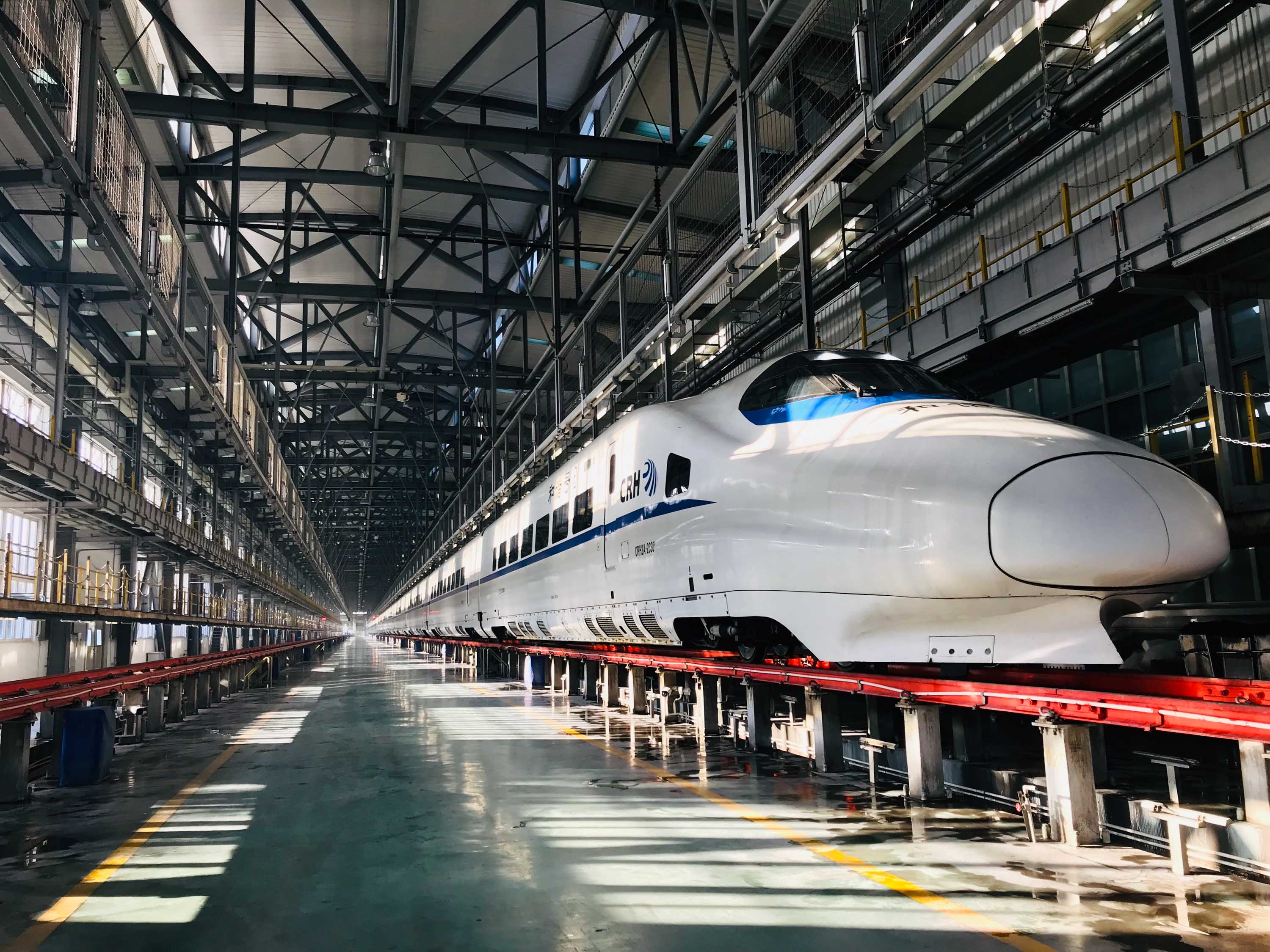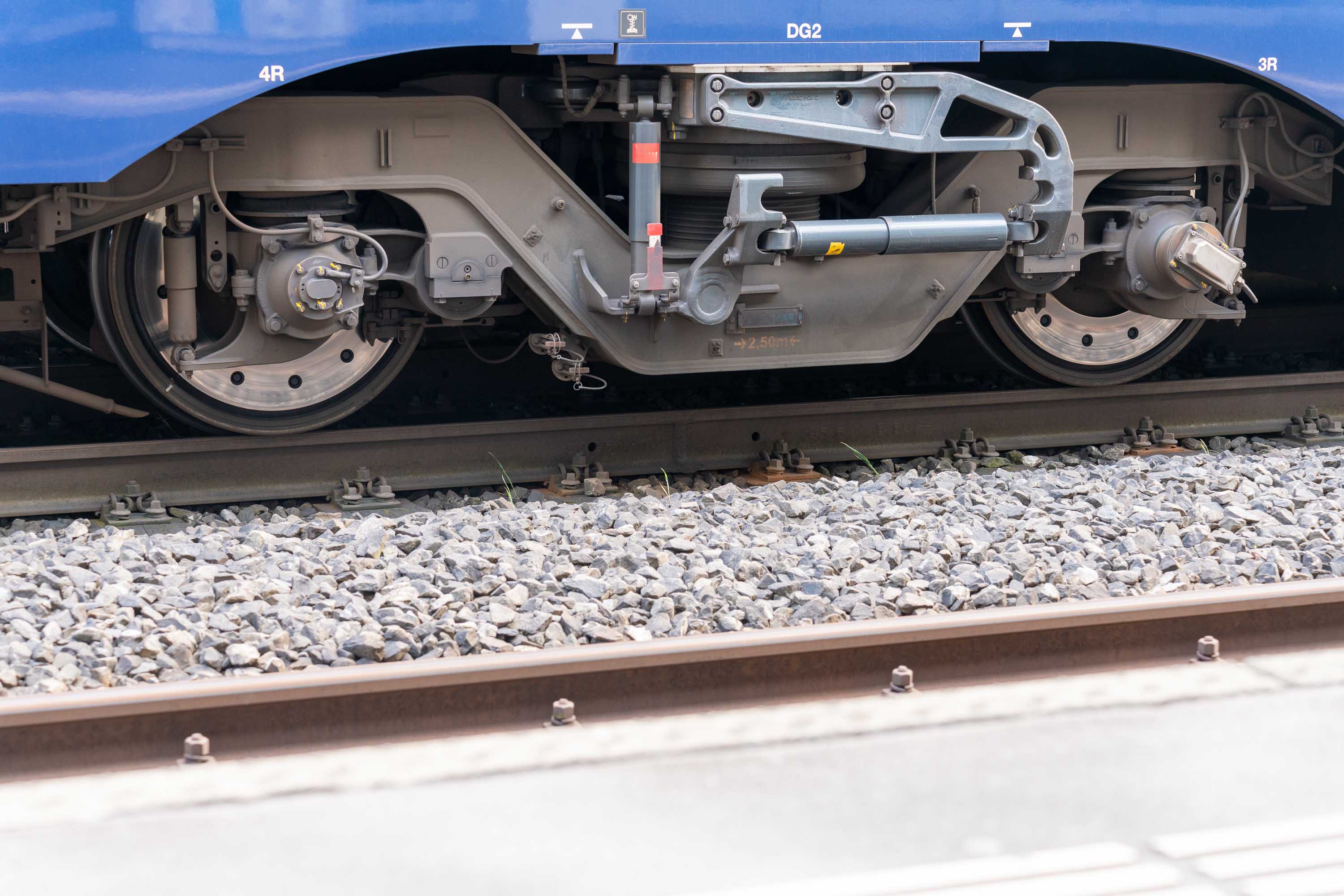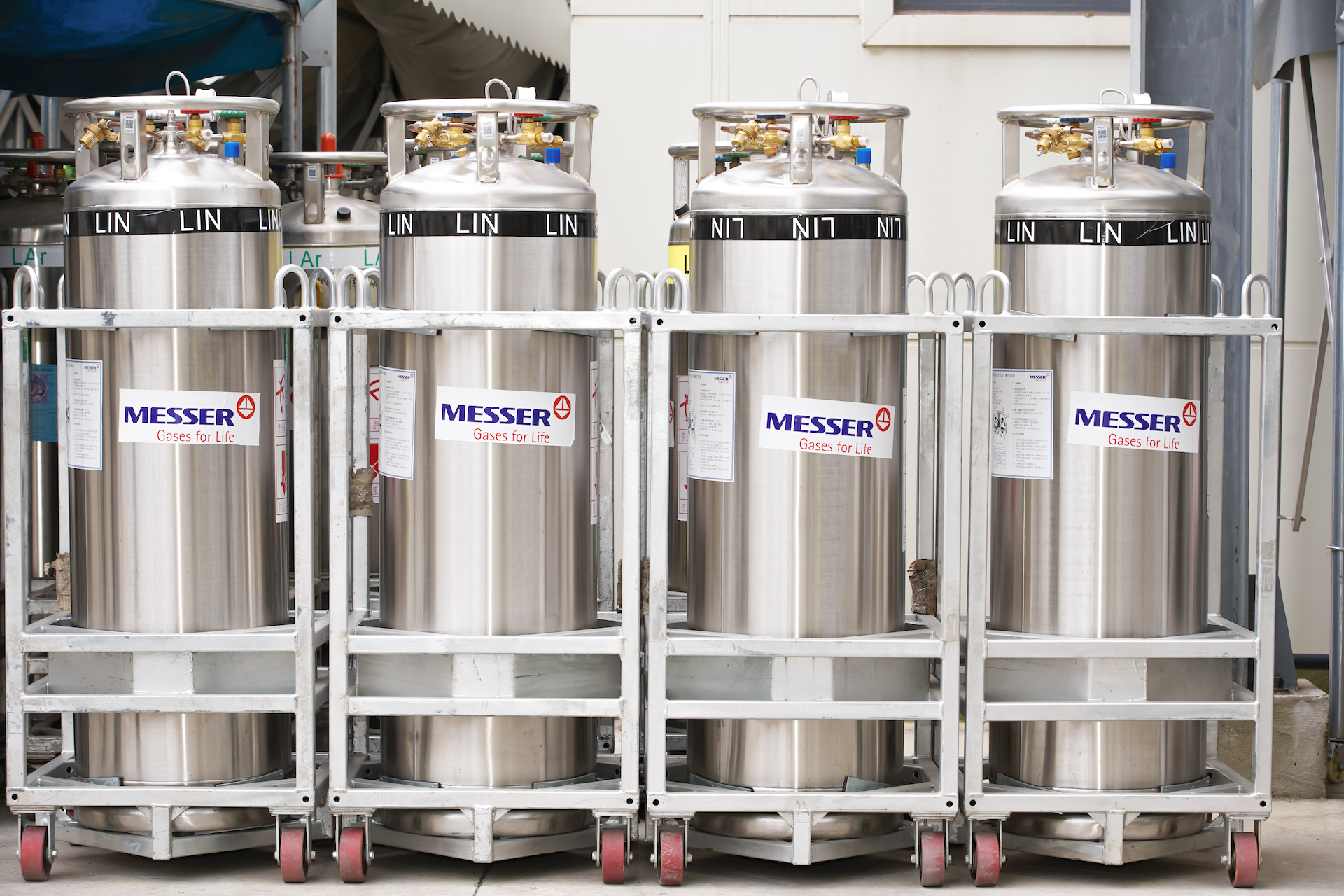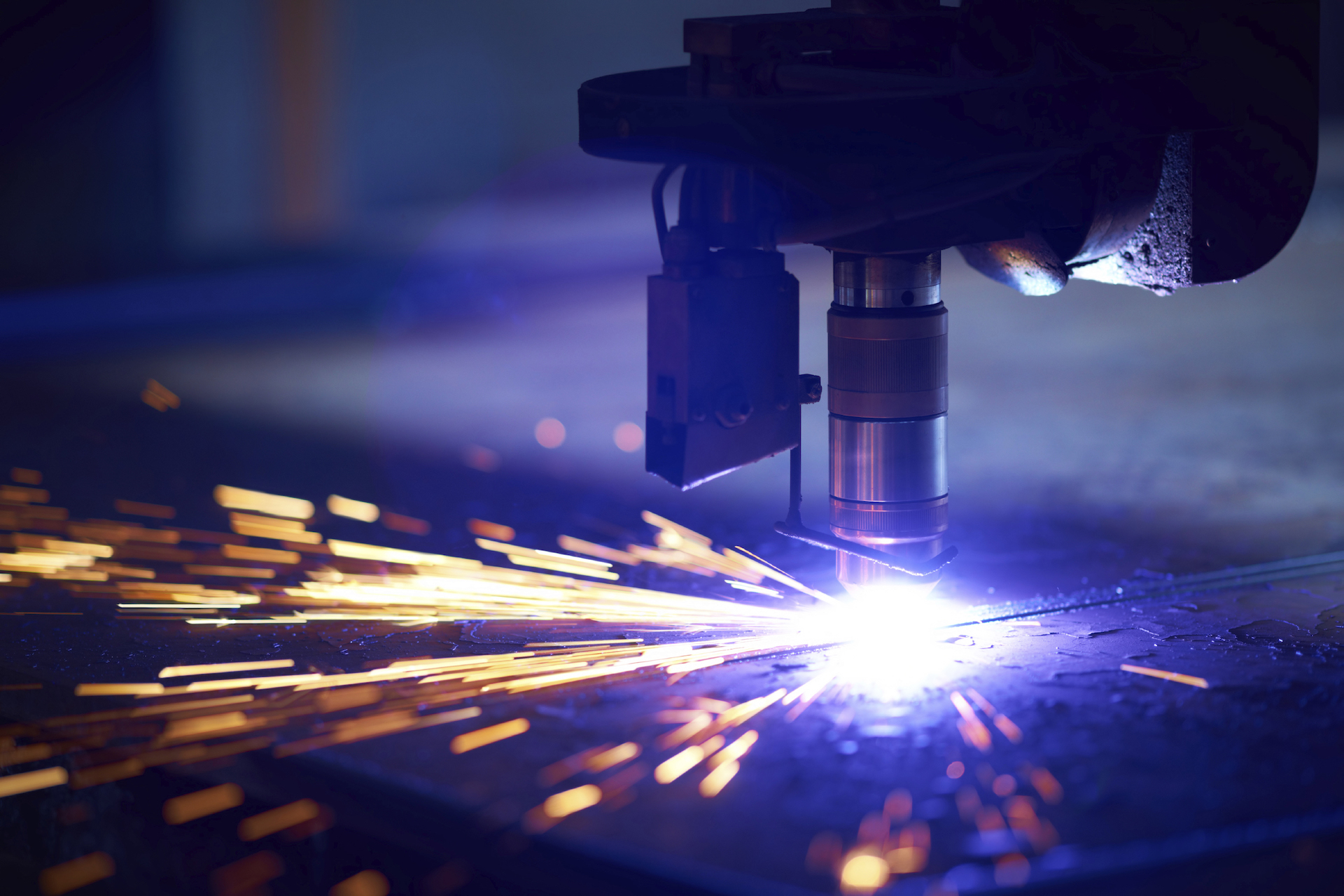Welding of Rail Vehicles

Messer’s Aluline shielding gases help drive China’s high-speed rail across the country.
High-speed trains, especially models operating at speeds above 300 kilometers per hour, have extremely stringent requirements for car body materials. Lightweight and high-strength aluminum alloys have become the core choice. The density of this metal is only one-third that of steel, and its strength and toughness can even rival or surpass steel alloys. The dense Al₂O₃ protective film on the surface provides excellent corrosion resistance, as well as good machinability and appearance. This perfectly meets the dual demands of light weight and safety required for high-speed rail vehicles.
However, aluminum alloy welding is not easy, and its tendency to produce porosity and cracking defects presents great challenges to the process. In conventional TIG welding and MIG welding, pure argon is used as the shielding gas, which can ensure arc stability, but when welding thick plates, the arc temperature is insufficient, making it difficult to meet core requirements such as penetration and efficiency.
Messer’s Aluline He30 N shielding gas was created precisely to solve the challenges of thick aluminum alloy welding. Its innovative formula is composed of a scientific ratio of argon, helium, and trace amounts of nitrogen. Argon ensures arc stability, helium significantly increases arc temperature to enhance penetration capability, and trace nitrogen cleverly optimizes pulse characteristics. Pulse waveforms become more uniform, current peak fluctuations are smaller, thereby improving welding quality from the root. Using Messer’s Aluline He30 N shielding gas for thick aluminum alloy welding can bring multiple significant advantages:
• Weld penetration is deeper, ensuring higher weld seam strength.
• Welding speed is faster, significantly improving efficiency.
• Welding quality is more stable, adapting to a variety of conditions.
• Reduced thermal deformation, saving energy and steps in production.
• Arc is more stable, weld seam is smoother, and overall reliability is higher.
• Clearly optimizes shielding gas performance, greatly improving the quality of thick aluminum alloy welds.
Gases Available from Messer
Aluline He30 N:
Cylinder
Ar:
①Cylinder, ②Dewar Liquid, ③Bulk Liquid
Welding of Rail Equipment

Messer’s Ferroline shielding gases are used in welding train bogies, helping trains run more smoothly and safely.
The bogie, often described as the “running hub” of a train, is a core component that determines overall safety. It carries the full weight of the train and is responsible for guiding and traction, absorbing shocks and vibrations, and integrating braking and damping functions—earning its name as the train’s “mobile frame.” The bogie’s main structure is manufactured from high-quality carbon steel, low-alloy high-strength steels, and weather-resistant steels, assembled through multiple welding processes. Among these, MAG welding is the primary method.
Given the large size of the bogie and the considerable length of its weld seams, welding must achieve zero defects to guarantee operational safety, while also maintaining high efficiency to keep pace with production demands. Messer’s Ferroline shielding gas series provides the ideal solution for these challenges. Whether using the classic Ferroline C20 and C18, or the innovative C12 X2, and C6 X1, in combination with advanced welding equipment and processes, these gases significantly reduce spatter and deliver weld seams with a smooth, uniform appearance. At the same time, they substantially increase welding speed—perfectly balancing the stringent dual requirements of quality and efficiency in bogie welding.
Gases Available from Messer
Ferroline C20:
①Cylinder, ②On-site Mixing with Bulk Liquid
Ar
①Cylinder, ②On-site Mixing with Bulk Liquid
Ferroline C12 X2:
Cylinder
Ferroline C6 X1:
Cylinder
You May Also Be Interested in

Bulk Deliveries
Learn More >
Packaged Gas Deliveries
Learn More >
General & Special Equipment
Learn More >
Automotive
Learn More >